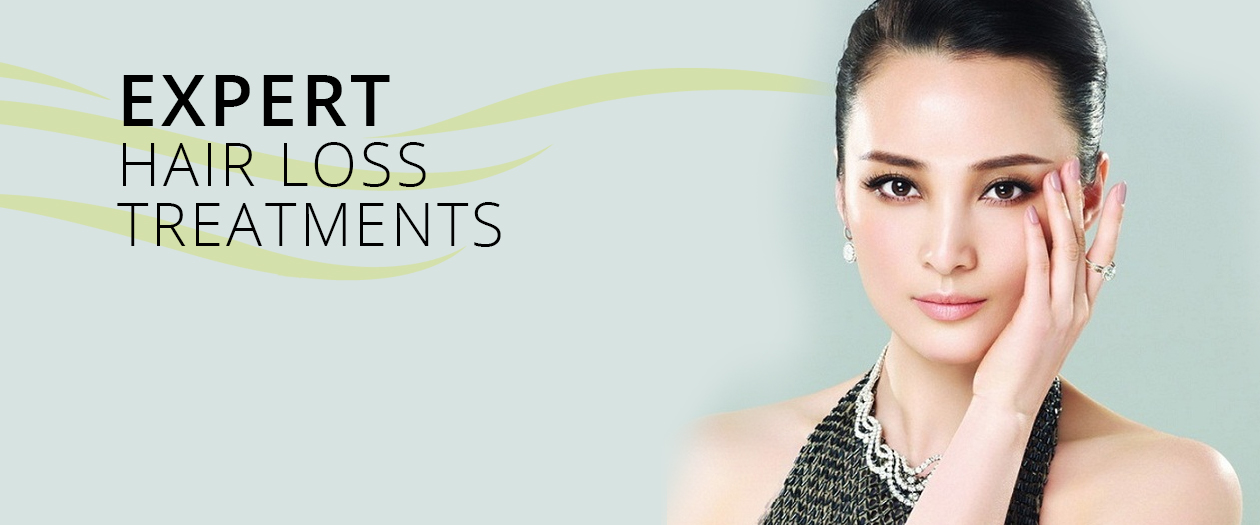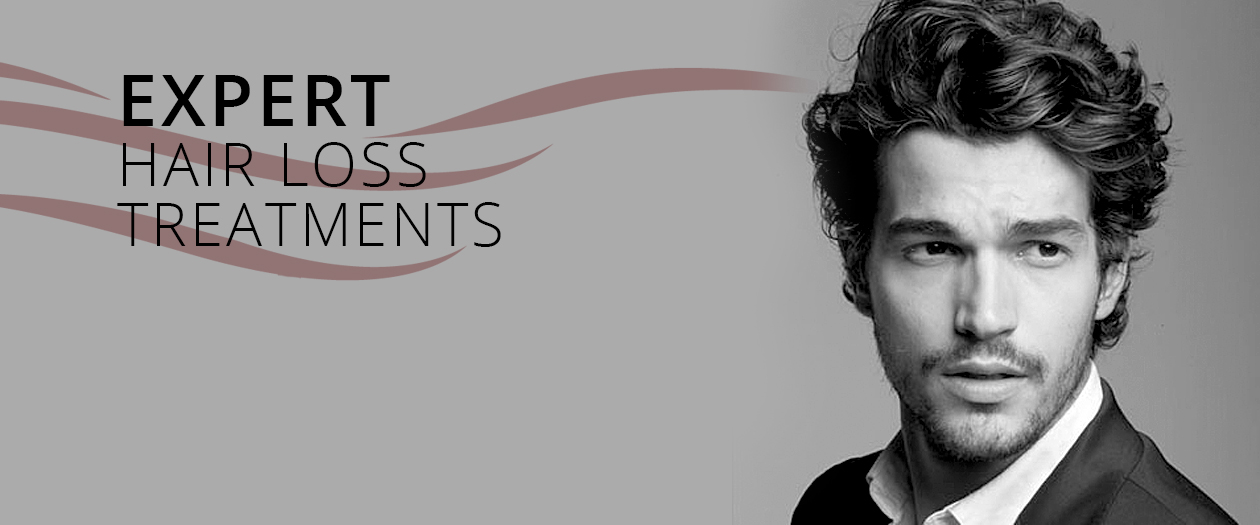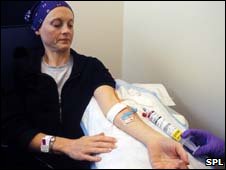12.10.2009
in TRICHOLOGIST

When it comes to hair loss, most people can feel very self-conscious. It’s not something that is easy to talk about, although it affects both men and women and it is remarkably common. People who lose their hair can often see their self-esteem and confidence affected dramatically.
The question is, where do you turn for help? Visiting your GP is an option, but many GPs do not necessarily view hair loss as a serious condition and do not give patients the time they need. The issue is that, while hair loss may be the cause of the visit to the doctor and the problem that needs to be treated, there is really that GPs need to be more adept at dealing with. How do they deal with your loss of self-esteem? How do they deal with the fact that other aspects of your social or working life are suffering?
GPs with a full waiting room of coughing patients do not always have the time to discuss the issues around hair loss and its treatment fully. One option that is available to people is to visit a Trichologist. If you haven’t heard of Trichology, you aren’t alone. But don’t worry – you’re in exactly the right place to find out more.
Ok. So tell me more?
Let’s start with what Trichology actually is. A qualified Trichologist is a specialist in scalp and hair problems. So as well as hair loss, this can include itchness of the scalp, dryness, oiliness, scaling of the scalp. In technical terms, you are probably talking about a list of conditions that includes things like alopecia, male-pattern baldness, as well as different forms of psoriasis dermatitis and eczema.
Trichology is not a medical discipline and most practitioners work from home or in high-street locations in a similar way to physiotherapists, acupuncturists , chiropodists and practitioners of alternative therapies, such as reiki. Most practitioners of Trichology build up their client base over time, working with individuals to maintain healthy hair and a healthy scalp.
So can anyone do it?
Anyone can train as a Trichologist but it takes time and learning to become good. Trichology gets its name from the Greek word ‘trikhos’, which means hair, and was first practiced in England in 1902. So it is a profession with over a century of knowledge, insight and expertise to build on.
If you are looking for a Trichologist, ideally, you should find one that comes with a recommendation. At the very least, you should choose a Trichologist with a recognised qualification from the Institute of Trichology. This programme has been running since 1908 and the syllabus is comprehensive, covering everything from scalp physiology, anatomy and chemistry to hair microscopy, nutrition, maladies and treatments. Pretty much everything known on the subject, from follicle to tip.
Once an individual has qualified as a Trichologist, they must practice in accordance with a code of conduct, ethics and principles outlined by the Institute of Trichology.
So what exactly does a Trichologist do, then?
The first thing to remember is that they are not miracle workers. So – as we’ve emphasised elsewhere on this site – if you have male-pattern baldness, that is part of your genetic make-up and there is not cure for it.
However, it is important to remember that the health of your hair can be a good indicator as to the quality of your general health and the healthiness of your lifestyle. If you have male-pattern baldness, it could be that a trichologist could help to slow the rate of hair loss by considering factors such as scalp nutrition and medication. It could even be that lifestyle issues such as stress or anxiety are contributing to your hair loss.
Getting the right diagnosis is therefore essential before you begin any course of treatment. A specialist trichologist can often provide a much more detailed hair diagnosis than someone like your GP, for example.
Most Trichologists will be able to diagnose the healthiness of your hair in a number of ways. They may perform a microscopic analysis, so that they can assess whether your hair loss is caused by genetic factors or caused by something that can be directly treated, such as a fungal infection.
Secondly, they may perform a blood analysis so that they can evaluate how effectively you body is transferring minerals to your hair and scalp. At any given time, the hair follicles can contain a variety of minerals including magnesium, calcium, mercury and arsenic, as well as others such as copper, chromium, lead, aluminium, zinc and copper. The different levels of minerals in the hair follicles can adversely affect how well the hair grows.
The aim of the diagnosis will ultimately be to establish the answers to a number of vital questions:
Is your hair loss greater than would be expected?
Has the hair suffered any structural damage?
Is the scalp in good condition?
Are there genetic factors involved?
Is there any disease, fungus or lice present?
What kind of treatment can I expect?
If you find a good Trichologist, you can expect more than a five minute glance at your head. Most Trichologists understand that treating hair loss is as much about understanding the person and how they feel, as it is about a medical diagnosis. As well as blood tests and microscopic analysis, most Trichologists will also spend times getting to know you, how you feel about your hair loss and what expectations you have. They will also investigate how you feel about different types of treatment and try to ascertain what approach will be right for you.
Once your Trichologist knows more about you and your condition, they will normally choose between three courses of action:
Can they recommend treatment for your problem?
Do they need to refer you to a doctor?
Is a surgical procedure the best option?
With male-pattern baldness, most trichologists will discuss with you the merits of appropriate medical treatments as opposed to other procedures such as surgical transplants or non-surgical hair replacement. You can find out more about different treatments elsewhere on this site.
For many people, one of the greatest benefits of visiting a trichologist is that they can offer a broad overview of the treatments available. Unlike a GP, they are not restricted to medical procedures. Many trichologists will maintain an overview of different types of natural alternatives, therapies or herbal remedies. Their independence gives them the scope to recommend the right treatment for you.
Summary
Many people find that a Trichologist can provide invaluable help, support and expertise when treating their condition. In many cases, however, the key is their individual relationship with their Trichologist. A good practitioner will take time to get to know you, so that even if they cannot help your male-pattern baldness significantly, they can provide treatment and advice that goes some way to rebuilding your self-confidence.
In many ways, it is because this relationship is so different to the relationship with a GP that people find it so rewarding. It gives them a much better environment in which to discuss their hair loss and to identify the treatment that is right for you.
Do you have Hair Loss Problems, read our Hair Loss Help



















